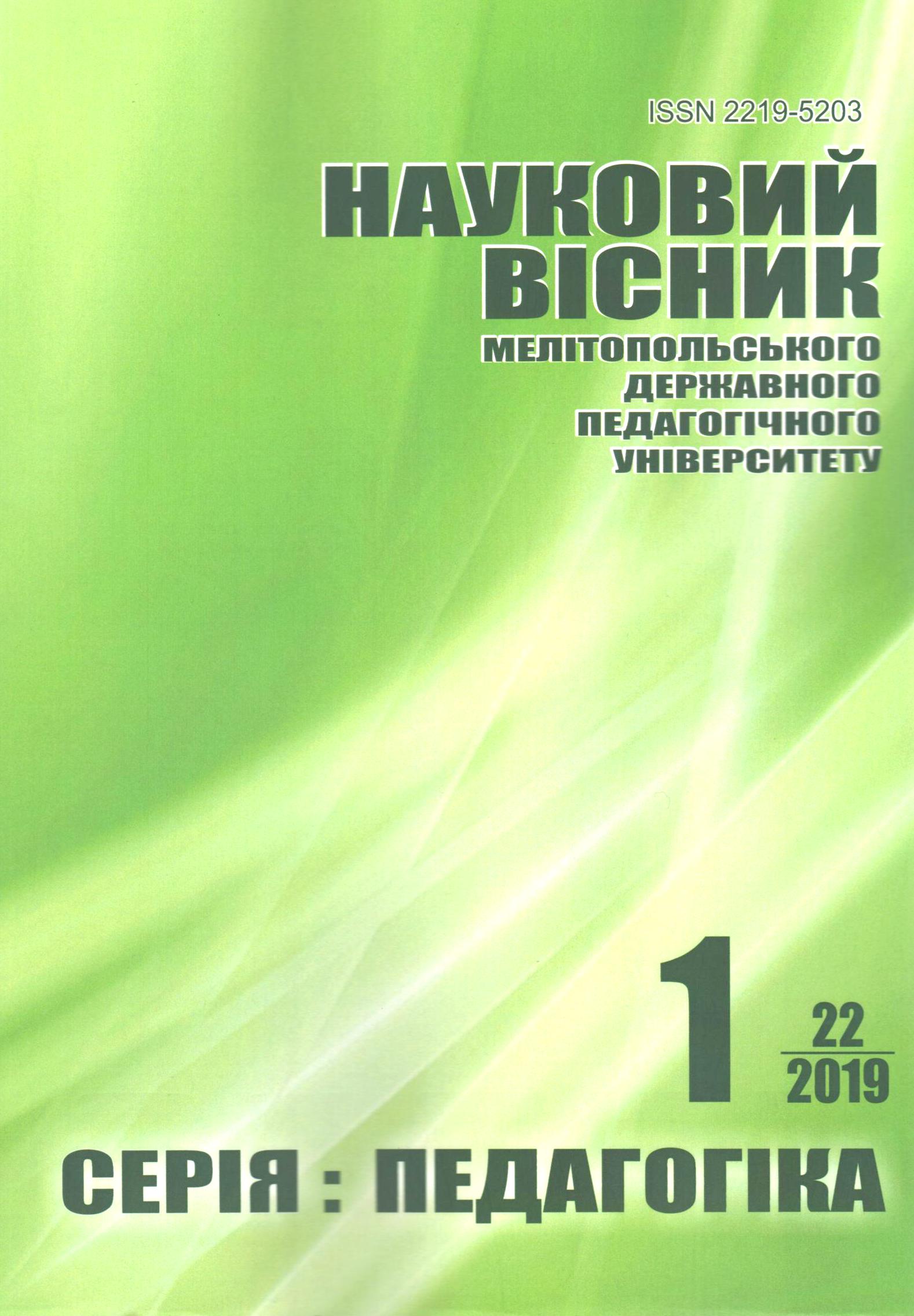Methodological principles of preparation of philology teachers for the implementation of intercultural communication
Abstract
The article is devoted to the methodological foundations of preparing the intending philologists for the implementation of crosscultural communication. Based on the analysis of various sources, the essence of the concepts «crosscultural communication», «crosscultural communicative competence», the main conditions for successful intercultural communication are revealed. It is determined the ways of formation of the «secondary linguistic personality» of the intending teacherphilologist for effective cross-cultural communication, taking into account the increase in the level of methodological training of a specialist. This training is provided by the organization of educational process in a higher pedagogical educational institution on the basis of communicative-active and culturological approaches by disclosing the creative potential of a student identity. The educational process is carried out through the means of a foreign language, selfsearch activities, learning cultures of native and English-speaking countries and comparing these countries through the prism of the language, using the potential of Internet technologies. Internet is a tool to intensify the educational process and unrestricted access to authentic sources, a tool of using the potential of a foreign language lesson to accomplish tasks that imply the ability of the intending philologists to apply situations with the domination of problematic, communicative tasks and reliance on a functionally adequate text.




